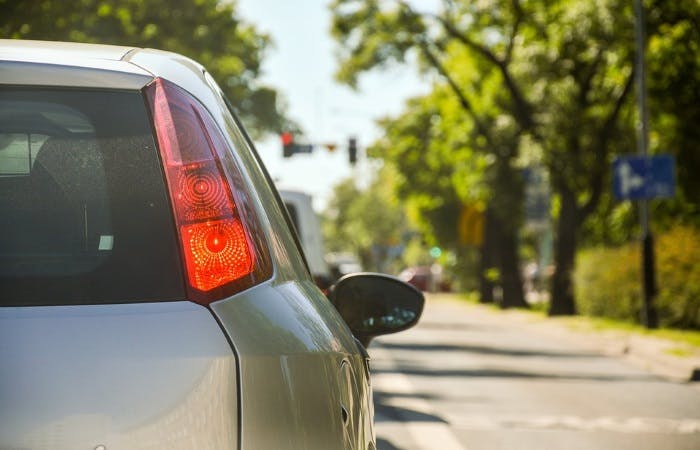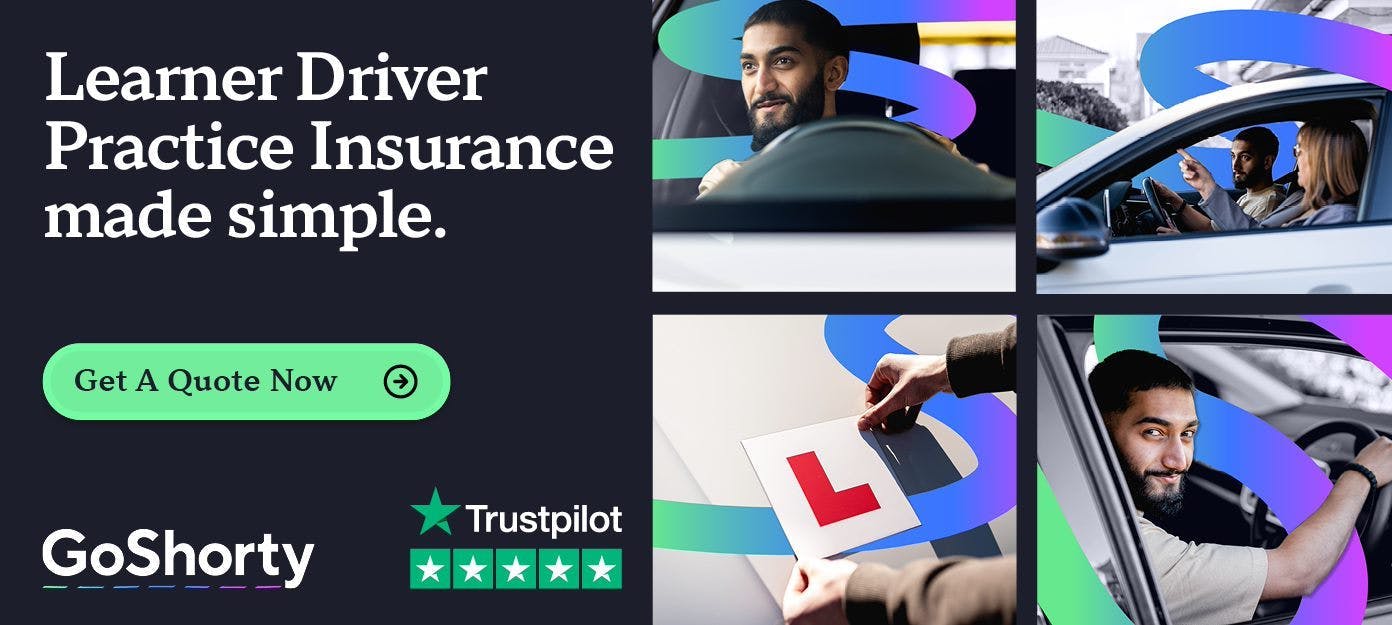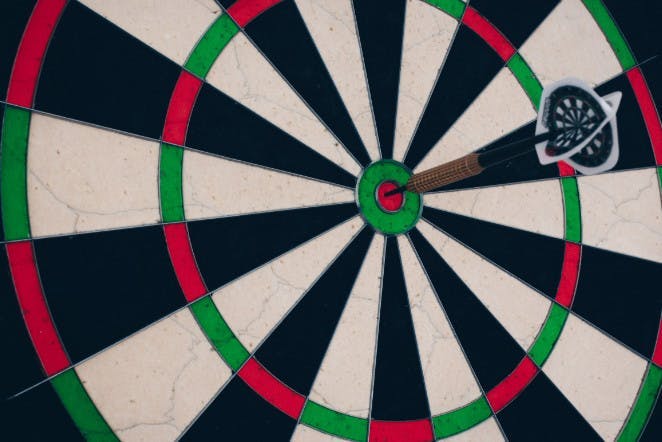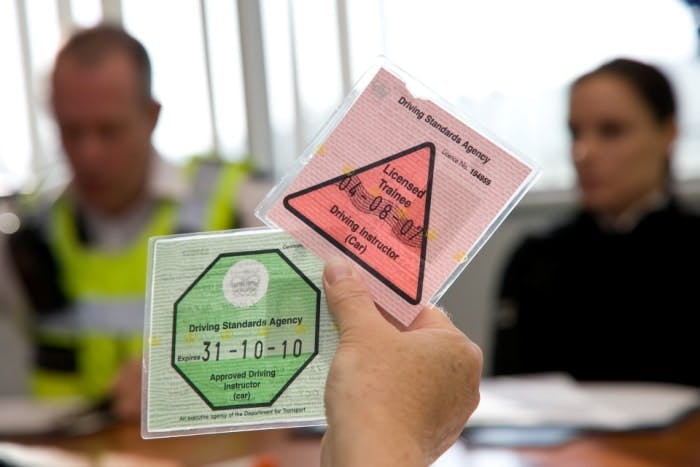
Not everybody knows it, but you're actually allowed to practice driving outside of professional driving lessons. Hold your horsepowers though — this doesn't mean you can just hop into a car on your todd and start zooming about willy-nilly.
There are a few laws around private driving practice that you definitely need to know before getting out there. And then there are some tips about how to make the most of driving practice with family and friends (and avoid picking up any of their bad habits!).
Want to get some extra driving in outside of your lessons? We've got everything you need to give yourself the best chance of passing your driving test first time.
Here are 6 ways you can get the most out of private driving practice!
1. Follow the rules

Let's get the boring one out of the way first. Private driving practice is fairly straightforward, but it's not quite as simple as just hopping in the car of any friend or family member who offers to take you out. First of all, you need to make sure you have the right kind of learner driver insurance that covers you using their vehicle. And don't forget to slap those L plates on the car before you start the engine!
Now on to the person supervising your driving. Not any Tom, Dick or Harry can do this, you see. The DVSA states that those supervising learner drivers must be:
- over the age of 21
- qualified to drive the type of vehicle you are using
- someone who has held a driving licence for at least 3 years

That's the main gist, but you can find details of the full rules here. Keep in mind that breaking them can result in points on your provisional licence and a hefty fine! It is also illegal for the person who is supervising you to use a mobile phone while you are driving. Yes—even when YOU are driving. Leave it in the glove compartment (or even at home—the horror!) to avoid temptation.
2. Start each practice with a particular aim

Private driving practice doesn't have to be structured as formally as a professional driving lesson might be, but it's a good idea to at least set some targets. Driving around aimlessly doesn't really ensure that you get the most out of this time. In general, you should be using these drives to work on skills that you've already covered with your instructor. By solidifying what you already know, you should be able to progress a lot quicker in your regular lessons. Practice really can make perfect!
Not everyone is lucky enough to have access to private driving practice opportunities. If you do, appreciate what a useful opportunity it is and take it seriously. The DVSA even provides free forms that you can use to record your private driving practice. This creates a really useful resource that you and your instructor can use to track your progress.
3. What happens in the car stays in the car

We didn't think there was a link between private driving practice and Las Vegas, but here it is! Learning to drive isn't always a smooth ride. Sometimes, if you struggle to crack a particular manoeuvre or skill, it can be very frustrating. Being in control of a vehicle is also a big responsibility that some people find a bit stressful. Add to this mix the fact that being in the presence of someone you know well can make it a lot easier for emotions to become heightened, and you have the potential for arguments.
We're more comfortable around people we know, and we're also more likely to second guess how they may think or react to our behaviour. Because of this, your older sister telling you that something you're doing is not quite right is far more annoying than when your instructor tells you the same thing. As a result, you may find yourself snapping at or having disagreements with the person supervising you.
Before this happens, make a pact with whoever is taking you out for private practice that what happens on these drives does not affect your relationship outside of the car. Make an effort to control your emotions and try to resolve any tiffs before leaving the vehicle. You should even consider turning down offers of private driving practice from people with whom you have a potentially turbulent relationship.
4. Don't stray from your instructor's teachings

Advice is free but not necessarily right! Be prepared for the fact that some of the driving pointers the person supervising you provides may not match up with what your instructor has told you. You see, the longer people have been driving, the more likely they are to have picked up bad driving habits that don't really correspond with the standards set by the DVSA. If you're ever in doubt, always stick to what your instructor has taught you. They are the ones with the knowledge and experience of helping learners pass the driving test. Changing your driving style to please your friends or family might not go down well when you're back on the road with your instructor.
The thing is, people don't really like to be told that they are wrong. It is a bit rich of a learner driver to tell someone who has been a bona fide qualified driver for over 3 years that their approach is incorrect. If dismissing the advice of the person in the car with you is likely to cause conflict, be polite in your response and maybe even pretend to take what they say on board. Avoid putting it into practice, though, as this could undo the progress you've made in the lessons that you paid for.
5. Cut your supervisor some slack — they're not a professional ADI!

Always remember that the person supervising you is not a driving instructor. Sure, they've passed the test themselves and will no doubt have some nuggets of wisdom they can share, but don't turn to them for all of your driving questions. Stick to covering what you already know and be open to basic advice.
Whatever you do, don't get worked up if they don't quite understand certain questions you're asking them. Putting yourself in the mindset of a learner driver when you have years of experience behind the wheel is not an easy thing to do.
And another thing — if you are using the person's car for your basic driving practice, be grateful! Handing over control of your vehicle to someone who is yet to pass the driving test is a bit of a risk. Plus, they don't have the added security of dual controls to fall back on!
6. Treat it as a bonus lesson, rather than the main event

When it comes to learning to drive, private practice is just the cherry on the cake! The actual gooey, spongey goodness is the driving lessons you take with a professional instructor. While some people choose to learn to drive solely with the help or a friend or family member, this is not a sure-fire way to be able to pass the practical test.
Save time and energy by putting your driving dreams in the hands of someone who is an expert in the field. Any private driving practice you do will serve as an excellent supplement to paid tuition. It's a winning combination.

Subscribe for driving advice, offers & more
We'd love to let you know about our courses, news and offers via email. You may unsubscribe at any time.
Star Genie Limited trading as PassMeFast. Company number 10093359
Copyright © 2024 owned by Star Genie Limited
PassMeFast, Blue Tower, MediaCityUK, Salford, M50 2ST
